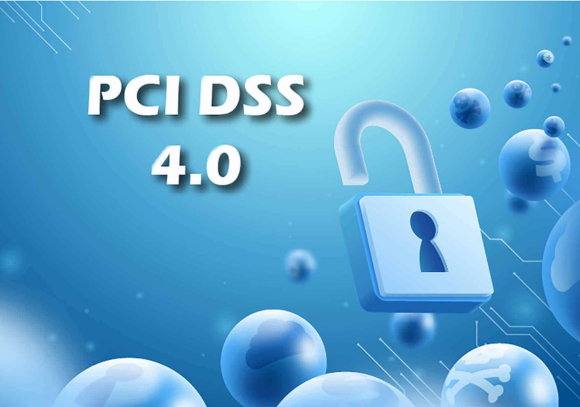The Payment Card Industry Data Security Standard (PCI DSS) Compliance Certification is a security protocol designed to protect cardholder data. Established by the Payment Card Industry Security Standards Council (PCI SSC) – which includes major credit card companies such as Visa, MasterCard, American Express, Discover, and JCB – PCI DSS ensures that organizations handling credit card data follow strict security practices to prevent data breaches and fraud.
PCI DSS compliance is crucial for any business that processes, stores, or transmits credit card information. Achieving compliance indicates that the organization is committed to protecting customer data, which builds trust, reduces the risk of data breaches, and helps avoid fines from credit card companies or banks. In addition, PCI DSS compliance is often a legal or contractual requirement for businesses in many industries.
To achieve PCI DSS compliance, organizations must meet 12 core requirements, categorized into six objectives:
- Build and Maintain a Secure Network: This includes installing firewalls and avoiding default security settings on devices.
- Protect Cardholder Data: Data must be encrypted when stored or transmitted, ensuring it remains secure even if intercepted.
- Maintain a Vulnerability Management Program: This requires anti-virus software and secure application development practices.
- Implement Strong Access Control Measures: Only authorized personnel should have access to cardholder data.
- Monitor and Test Networks Regularly: Continuous monitoring and testing are required to detect and prevent unauthorized access.
- Maintain an Information Security Policy: The organization should have a comprehensive security policy covering all employees.
Achieving PCI DSS certification involves five key steps:
- Scoping: Determine which systems and processes fall within the cardholder data environment (CDE) that needs to be protected.
- Assessment: A Qualified Security Assessor (QSA) or the organization itself evaluates the systems against PCI DSS standards.
- Remediation: Identify and fix any security vulnerabilities or gaps found during the assessment.
- Reporting: Submit required documentation, which may include a Self-Assessment Questionnaire (SAQ), Report on Compliance (ROC), and Attestation of Compliance (AOC).
- Certification: After meeting all requirements, the organization is granted PCI DSS certification. Regular assessments are needed to maintain compliance.
Compliance levels are based on transaction volume:
Level 1: Over 6 million transactions annually, requiring an annual audit by a QSA.
Level 2: Between 1 million to 6 million transactions, needing an SAQ annually.
Level 3: 20,000 to 1 million e-commerce transactions, requiring an annual SAQ.
Level 4: Fewer than 20,000 e-commerce or less than 1 million other transactions, requiring an SAQ.
PCI DSS Compliance Certification is essential for businesses handling credit card information. By meeting PCI DSS standards, companies can secure customer data, reduce fraud, and enhance their reputation. Ongoing monitoring and re-certification are necessary to ensure that data security remains a priority, fostering a safer environment for both organizations and their customers.



